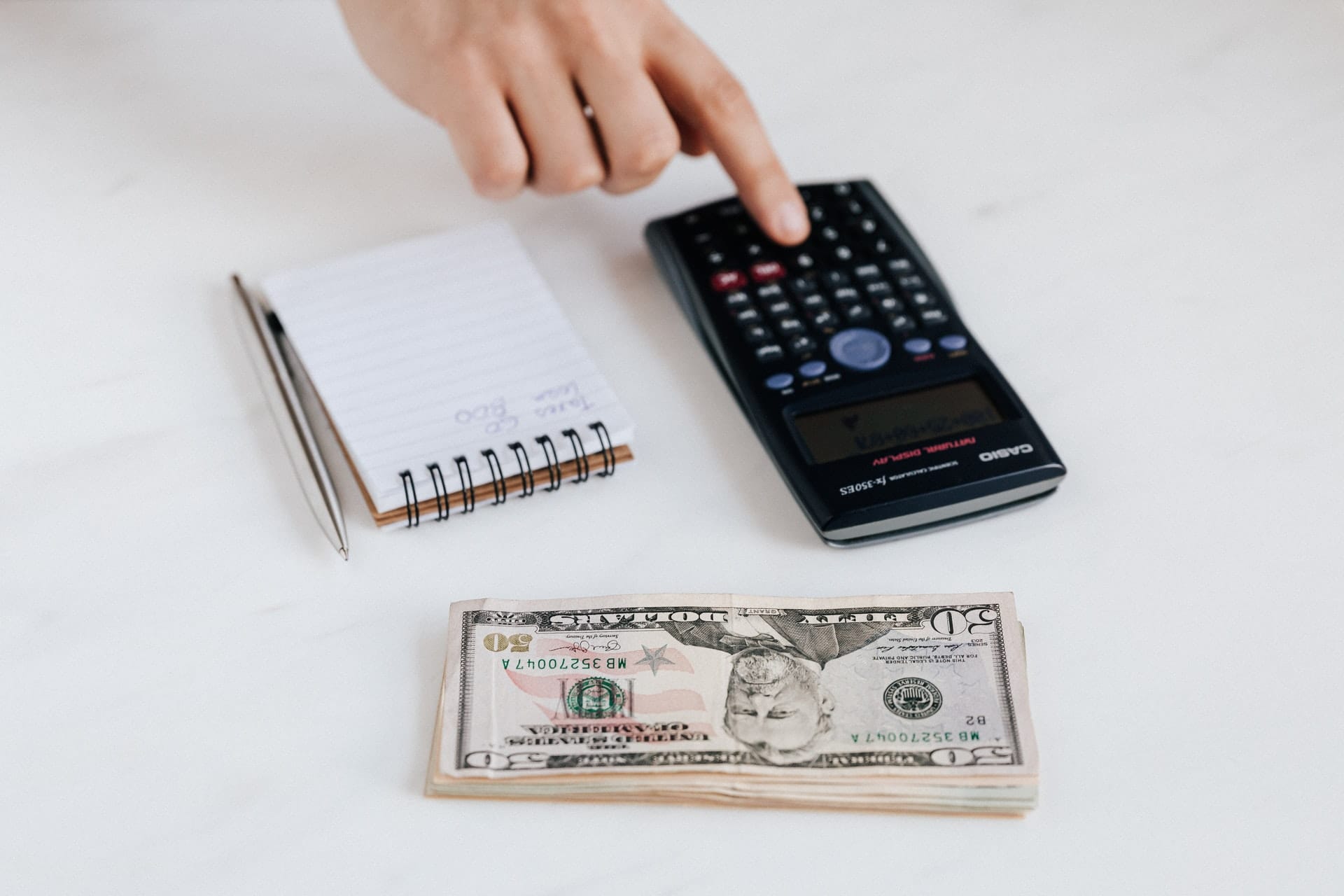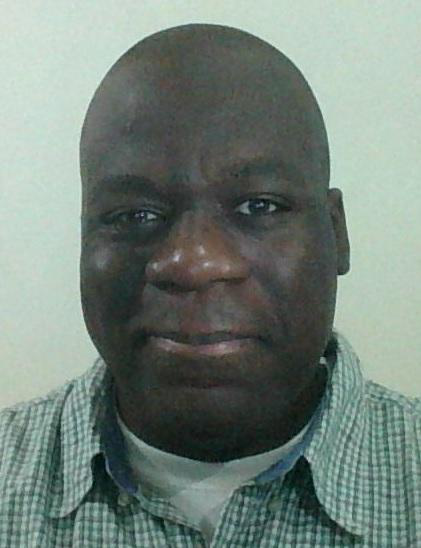There is only one rule to know about making a budget – don’t go over your budget. A budget helps you understand how much money you make, how much you spend on bills, how much money you waste, and how much you must save to achieve a future goal. If there is one skill that you (and most Americans) need to perfect now, it’s wisely budgeting your money.
I understand that there is a lot of emotional and financial suffering going on right now. No one wants to hear, “Are you budgeting your money correctly?” as if in a condescending manner.
There is nothing I write here that will be condescending. Part of adulthood 101 is learning how to budget when becoming independent.
Making a budget is free. You have access to the information, which is your own personal finance records.
And most importantly, budgets reveal unfortunate truths – you may be partially or fully to blame for your financial problems.

Over 70% of Americans spend over $5,400 annually on impulse buys they don’t really need or want. (Many people impulsively buy unhealthy food, among other things.) That adds up to over $54,000 over a decade! Another statistic contends that the average American will spend over $300,000 on impulse buys over a lifetime.
Making a budget is a discipline that must be learned. But it is worth it to realize a better financial future.
So, here is a great way to ease into the concept of budgeting. You must keep in the mind the three R’s of budgeting your money:
- Review
- Revision
- Redo
I’ll give you a basic primer on what it means to budget too.
But first, let’s talk about why budgeting your money is so important.
Because in 2020, you are probably not to blame for your current financial problems.
Budgeting Your Money in 2020
Budgeting your money in 2020 is so important because many people don’t have enough of it now.
The coronavirus pandemic has caused globally reaching economic traumas and consequences that has touched everyone.

Over 56 million people have been forcibly unemployed since March 2020. Besides one week when 6 million people applied for unemployment benefits, over 1 million Americans have applied for unemployment benefits weekly since March.
Americans who were receiving $600 weekly unemployment benefits since March are incrementally losing those benefits now.
Eviction protections empowered by the CARES Act are ending now. Tens of millions of Americans are facing imminent eviction now. Eviction is a threat that will face a generation of Americans for the foreseeable future.
Food banks in the United States are being strained to the breaking point.
Many such organizations worry they won’t be able to match continued and increasing demand for food insecurity help.
If you are living in the United States right now, you are probably having to learn to live on a lot less than before.
Budgeting your money more concisely will help you make the most of what you have now.
Budget 101
A budget is a personalized finance plan that details your estimated income, expenses, debts, and projected financial goals.
A budget can detail how much money you earn and spend on expenses and bills within a given time period.
For example, a budget can tell you how much money you spend on groceries, utility bills, rent, mortgage, or a car note within a week, month, or year.
You should keep your receipts and make records of the things you pay for.
Then you should assess if you are spending money on things you want instead of need. Impulse buying is the prime killer of budget and future financial goals.
A good budget will tell you how much money you need to save, and what you must sacrifice, to achieve a future goal.

Make budgeting an introductory challenge for yourself. Spend two weeks to a month keeping a weekly budget. Make a purchase diary to record impulse buys. You’ll create hard data on your personal finances that will starkly tell you how well you are managing your money.
A budget is a spending plan for your household and your life.
Budgeting your money, and being honest about your spending habits, may be your best options for improving your personal finances.
If you are still on the fence about budgeting, just remember the three R.
Review
One theme that is always going to come up when it comes to budgeting your money is the time sacrifices involved.
If you are not used to budgeting, you first have to start by creating a budget.
What do you need to buy at the supermarket? Steer clear of impulse buys and you’ll save more money.
What bills can you do without? Do you really need a 300-channel cable subscription package? How much money will you save by downgrading?
Instead of taking on more debt, can you sacrifice, save more money, and calculate when you will reach your goal?
The first month or two of budgeting will involve you assessing what works and what doesn’t.
In the beginning, you will have to review your budget plan. That way, you will know what is effective and what is wasting your time.
Reviewing your budget should be a continual part of your budgeting process.
Which brings us to revision.
Revision
You can’t just create one budget and use it or refer to it for the rest of your life. You are going to have to revise your budget often.
After reviewing your budget, you are going to learn what works, what doesn’t, and what you need to do to balance your finances.
And, if you can sacrifice the things you want now to achieve greater financial goals later.

Your financial information, income, expenses, and bills are always in a state of flux. You may get a raise, become unemployed, buy a house, and so on. In such situations, your budget must undergo revision.
There may come a time when revising a budget may not be enough.
Budgeting your money is important. So, you may have to redo your budget.
Redo
Your personal finances and professional life may change so drastically that you just have to redo your budget.
The personal budget you drafted 2 years ago is moot if you got a new job, bought a home, moved to a new city, expanded your family, and so on.
As your personal circumstances change, you have to redo your budget accordingly.
Stick to Your Budget
Most people don’t make budgets because they are time-consuming and require meticulous financial recordkeeping.
Budgeting your money requires you to make time on a weekly, monthly, and annual basis to assess your personal finances.
Those are small sacrifices to make to ensure more money in your pocket and a better financial future.
Stick to your budget. Save more money than you spend. Focus on paying down your debt.
A budget may save you the trouble of hiring a financial advisor to point out a problem you can find out yourself for free.
Here are some great and free budgeting templates.
Just keep the three R’s of budgeting in mind and maintaining a budget won’t be a problem.
Read More
If you are serious about getting your budget together consider reading a copy of Dave Ramsey’s The Total Money Makeover
. It’s one of the best books on personal finance written in decades. Ramsey’s work has sold millions of copies and helped hundreds of thousands of people build budgets and cope with their debt problems. It retails for $12 bucks on Amazon which makes it an inexpensive investment considering the invaluable information this book has to offer. Make sure you get a copy!
I SAVED 30% BUYING GENERIC BLOOD PRESSURE MEDICATION OVER THE BRAND NAME
3 POPULAR BUDGETING APPS YOU SHOULD START USING
THESE DOLLAR STORE ITEMS ARE A WASTE OF MONEY
4 ITEMS THAT ARE NOT WORTH YOUR CASH
IS IT WORTH SPENDING MONEY ON EXPENSIVE HAIRCUT?
How To Look Up Your Receipt For WALMART In-Store Purchases

Allen Francis was an academic advisor, librarian, and college adjunct for many years with no money, no financial literacy, and no responsibility when he had money. To him, the phrase “personal finance,” contains the power that anyone has to grow their own wealth. Allen is an advocate of best personal financial practices including focusing on your needs instead of your wants, asking for help when you need it, saving and investing in your own small business.

